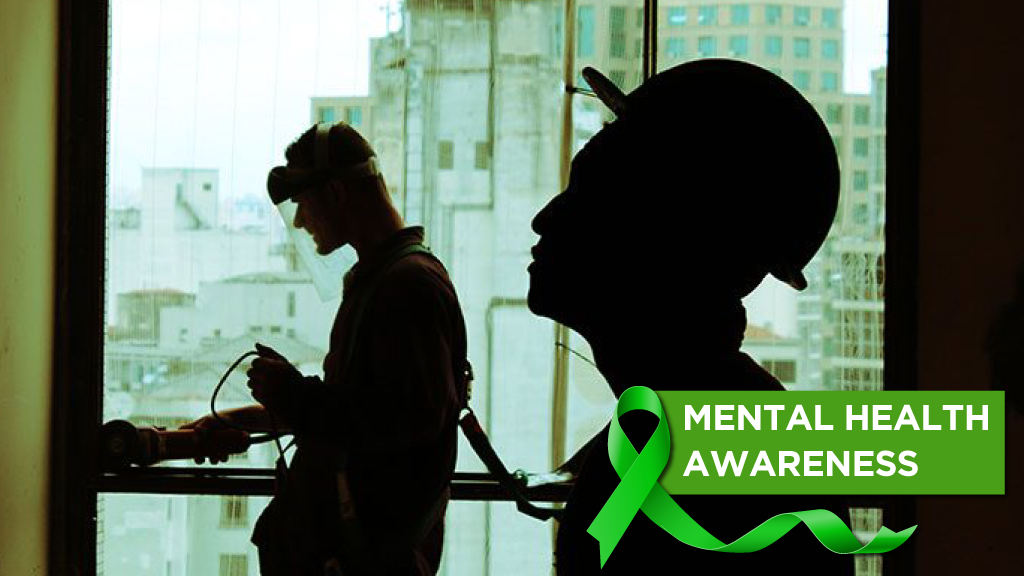All project-based work in the construction industry circles back to timelines, budgets and the deliverables due to clients. The industry’s workings can be compared to that of a well-oiled machine in the sense that it rarely stops. Today, Canada’s construction industry employs more than 1.4 million people.
In terms of the industry’s impact on Canada’s gross domestic product (GDP), it generates roughly $141 billion to the economy annually, accounting for 7.5 per cent. These impressive numbers and the impact of the industry would not stand without the workers who show up and play a crucial role in the process, from the ground up.
The past two years have taken a toll on workers at-large, with mental health-related disability rising among employed Canadians in 2021. Construction is no exception, and prior to the pandemic, mental health claims in the industry increased 25 per cent between 2017 and 2019. The BC Construction Monitor has shared how construction is an industry in which stress can create greater risk for mental health challenges.
Recognizing mental health
The demands of modern working life and society can translate to greater pressure on team members. A research report on the evolution of workplace mental health in Canada between 2007 and 2017 found that within the 10-year study period, psychosocial hazards including higher expectations, longer working hours and increased competition were contributing to a more stressful working environment for professionals across industries.
In 2020, OHS Canada explored the Canadian National Standard for Psychological Health and Safety, first introduced in 2013. This concept outlined that the workplace is responsible for becoming involved in maintaining the mental health of workers, but also that it could be a source of poor mental health. This prompted a shift for employers to look at mental health in the workplace through a similar lens as physical health and safety.
When workers feel safe and trusted to carry out their responsibilities, the risk of workplace stress is lowered and mental health risks are lessened. But employers in construction and across the board must recognize their people may be under external pressures that can impact their professional lives. The workplace must have support systems in place to help staff.
In addition, when aligned with a company’s values and charitable initiatives, employees have a paralleled sense of purpose at work, which, in turn, supports mental health. We are proud to back initiatives with Orion Building Futures, a central part of our organization that focuses on co-ordinating funds, volunteering and supporting organizations in our communities that make a difference.
With mental health as a priority, we’re currently supporting a local non-profit organization, Langley Memorial Hospital Foundation in building Foundry Langley to help advance mental health and substance use services in the community. This initiative is anticipated to serve over 1,000 young people every year who struggle with mental health and substance use.
Changing a culture of hard work
In the construction industry, it is not uncommon for professionals to face challenges around seasonal and sometimes irregular work, long hours, physical demands and isolation if they are working away from home. The COVID-19 pandemic then gave rise to additional stressors.
The well-known culture of “hard work” associated with construction and the ability of skilled workers to complete projects within tight timeframes must be reconsidered from the employer and employee perspective to ensure that mental health is a key priority. Flexibility and good benefits are non-negotiable for workers in a plethora of industries and this should be inclusive of the construction industry too.
Now is the time to make significant changes that can positively impact the long-term health of construction teams. At Orion Construction, we are dedicated to providing support and an open environment to our people. Among the initiatives we have rolled out to date are a fitness centre for staff to access, with instructor-led classes and the option of personal training. Orion team members also have unlimited access to counselling services at a conveniently located provider.
Our team understands the challenges and rewards of commercial construction and developing industrial space, and that building an open, honest environment for workers is equally as important. Employees in the construction sector – like any other – should feel comfortable taking time off and discussing issues they face directly with management.
The stigma around mental health challenges in the construction industry needs to end not just for Mental Health Week in May; it needs to end in entirety for the sake of workers and the sector.
Josh Gaglardi is principal with Orion Construction in Langley, B.C. Send Industry Perspectives column ideas and comments to editor@journalofcommerce.com.











Recent Comments
comments for this post are closed